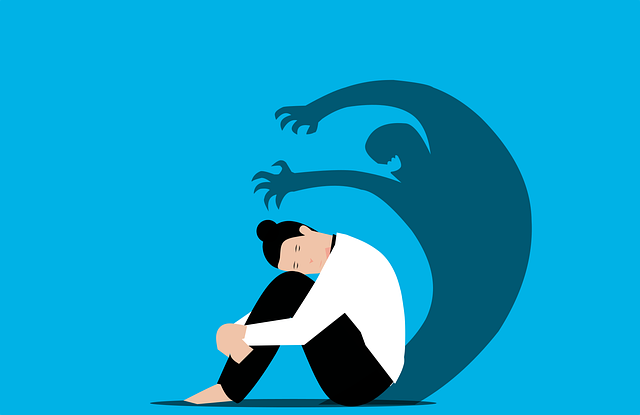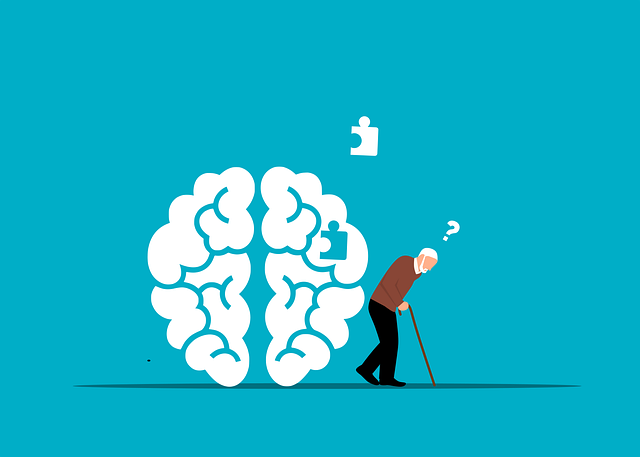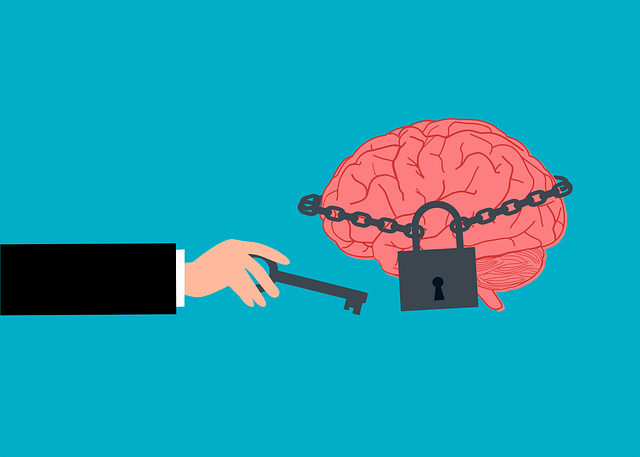Mental wellness is a holistic state that includes emotional, psychological, and social well-being, and prioritizing it in high-stress professions like healthcare prevents burnout. Recognizing conduct disorder in youth is crucial for their mental health. Lone Tree Conduct Disorder Therapy (LTCDT) uses evidence-based techniques like CBT and mindfulness to address underlying causes, improve impulsivity control, and enhance communication skills, significantly impacting relationships and academic performance. LTCDT focuses on individual growth, teaching self-awareness and effective crisis management. Fostering resilience through therapy empowers individuals to navigate adversity, build inner strength, and cultivate long-term mental wellness. Public awareness campaigns and risk assessment tools also play vital roles in supporting those with conduct disorder.
Mental wellness is a cornerstone of overall health, influencing how we navigate life’s challenges. This article delves into crucial aspects of mental wellness promotion, focusing on Lone Tree Conduct Disorder Therapy. We explore understanding mental wellness, identifying signs of conduct disorder in youth, the therapeutic benefits of therapy, effective strategies for treatment, and fostering resilience for long-term well-being. By addressing these key areas, we aim to equip readers with insights into nurturing robust mental health.
- Understanding Mental Wellness and Its Impact
- Identifying Signs of Conduct Disorder in Youth
- The Role of Therapy in Promoting Mental Health
- Strategies for Effective Lone Tree Conduct Disorder Therapy
- Fostering Resilience and Long-Term Well-being
Understanding Mental Wellness and Its Impact

Mental wellness is a holistic state that encompasses our emotional, psychological, and social well-being. It’s more than just the absence of mental illness; it involves fostering resilience, managing stress, and cultivating positive relationships. At its core, mental wellness enables individuals to navigate life’s challenges with adaptability and a sense of purpose. This includes understanding and regulating emotions, making meaningful connections, and maintaining a balanced perspective despite adversity.
The impact of prioritizing mental wellness cannot be overstated, especially in professions like healthcare where burnout is prevalent. By integrating confidence-boosting strategies and mindfulness practices, healthcare providers can prevent burnout and enhance their ability to care for others. Mind over matter principles, coupled with effective Lone Tree Conduct Disorder Therapy techniques, empower individuals to overcome challenges, build resilience, and lead more fulfilling lives.
Identifying Signs of Conduct Disorder in Youth

Recognizing conduct disorder in youth is a crucial step in ensuring their mental wellness and guiding them towards a healthier future. This behavioral disorder, often characterized by repeated violations of rights of others or societal norms, can manifest as aggressive behavior, deceitfulness, and defiance. At its core, conduct disorder in young individuals may stem from underlying emotional or psychological issues that require professional attention.
Lone Tree Conduct Disorder Therapy plays a pivotal role in addressing these challenges. Through tailored interventions, therapists help youth develop healthier coping mechanisms, enhance their decision-making abilities, and build self-esteem. Additionally, promoting public awareness campaigns focused on mental health can foster an environment where young people feel supported and encouraged to seek help early. This, coupled with effective risk management planning for mental health professionals, ensures that those exhibiting signs of conduct disorder receive the necessary support and guidance.
The Role of Therapy in Promoting Mental Health

Therapy plays a pivotal role in promoting mental health and well-being, especially when addressing complex issues such as Lone Tree Conduct Disorder. Professional therapy provides a safe space for individuals to explore and understand their thoughts, emotions, and behaviors, fostering positive change. Through various therapeutic techniques, including cognitive-behavioral therapy (CBT), mindfulness practices, and interpersonal psychotherapy, therapists help clients develop coping strategies, enhance self-esteem, and improve overall mental resilience.
In the context of Lone Tree Conduct Disorder, therapy focuses on identifying underlying causes, improving impulsivity control, and teaching effective communication skills. Regular sessions with a qualified therapist can significantly impact a person’s ability to manage their symptoms, leading to better relationships, academic performance, and overall functioning. Additionally, risk assessment tools used by mental health professionals help identify individuals at risk or in crisis, enabling timely interventions and targeted support, which is crucial for long-term mental wellness. Public awareness campaigns and self-awareness exercises also contribute to promoting healthy mindsets and encouraging people to seek professional help when needed.
Strategies for Effective Lone Tree Conduct Disorder Therapy

Lone Tree Conduct Disorder Therapy is a specialized approach designed to address severe behavioral issues prevalent in adolescents. This therapeutic process goes beyond traditional treatments by focusing on individual growth and personal development. One of the key strategies employed involves enhancing communication skills, teaching young individuals effective ways to express their feelings and needs. By improving communication, therapists enable clients to better navigate social interactions, reducing impulsive behaviors often associated with Conduct Disorder.
Additionally, incorporating self-awareness exercises into the therapy regimen plays a pivotal role in fostering positive change. These exercises encourage adolescents to reflect on their thoughts, emotions, and actions, promoting a deeper understanding of themselves. With enhanced self-awareness, young people can identify triggers for problematic behaviors, learn to manage crises more effectively using crisis intervention guidance, and make informed decisions towards healthier lifestyle choices.
Fostering Resilience and Long-Term Well-being

Fostering resilience is a cornerstone of mental wellness promotion, especially for individuals navigating challenges like Lone Tree Conduct Disorder. Through therapy and structured interventions, individuals can learn to cope with adversity, build inner strength, and develop adaptive skills that support long-term well-being. Effective communication strategies and empathy-building techniques play a vital role in this process, enabling people to express their emotions, understand others’ perspectives, and resolve conflicts constructively.
Moreover, teaching mood management techniques empowers individuals to regulate their emotional responses, reducing the impact of stress and negative feelings. By integrating these strategies into daily life, one can cultivate a sense of control, enhance overall mental fortitude, and ultimately, foster a deeper connection with oneself and others, leading to sustained happiness and fulfillment.
Mental wellness promotion is a multifaceted approach that involves understanding, identifying, and addressing conditions like conduct disorder in youth. By recognizing the impact of mental health on overall well-being, we can implement effective strategies such as Lone Tree Conduct Disorder Therapy to foster resilience and long-term mental health. Therapies play a pivotal role in empowering individuals to navigate challenges and lead fulfilling lives. Through a combination of understanding, early intervention, and tailored treatments like Lone Tree Conduct Disorder Therapy, we can significantly enhance mental wellness for all.












